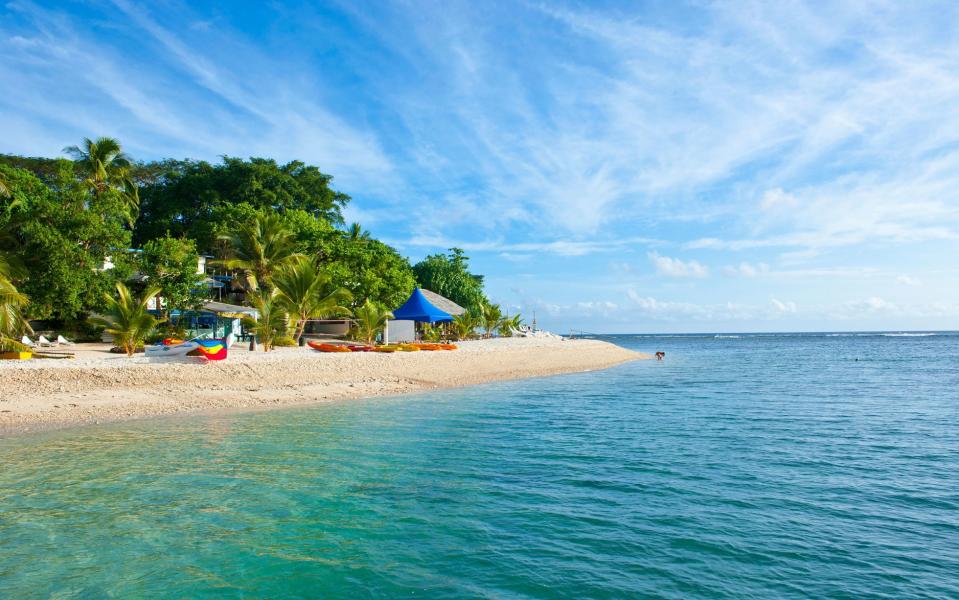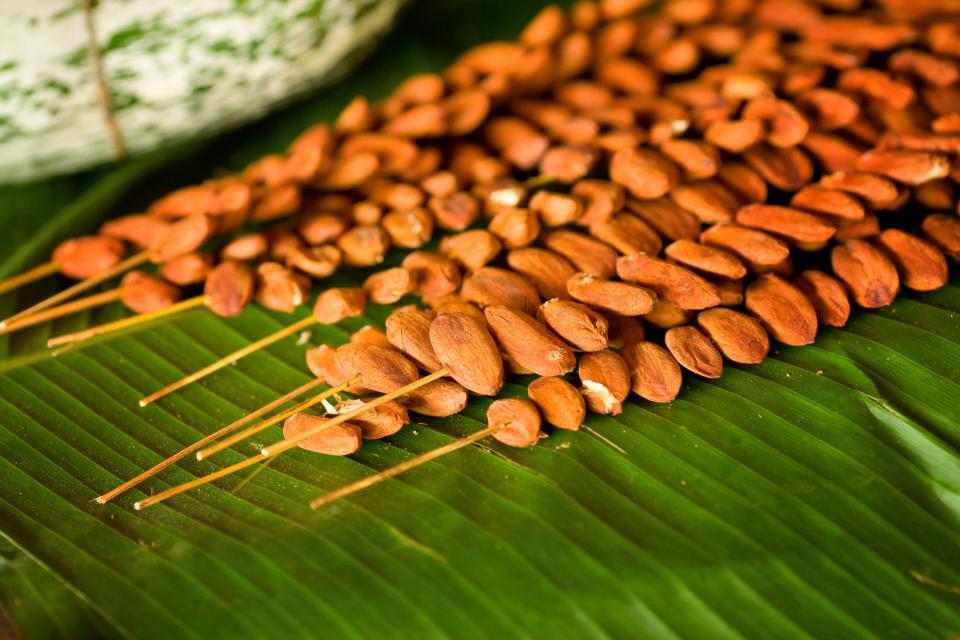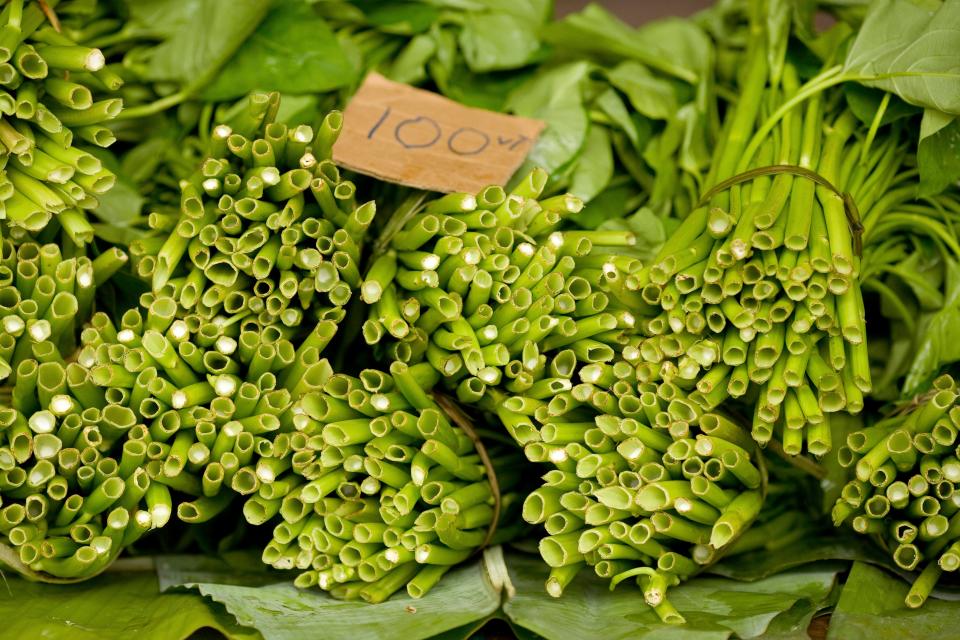South Pacific islands to ban Western junk food to improve health
Authorities in the South Pacific nation of Vanuatu have pledged to ban imported Western food in an attempt to ward off potential health problems.
Torba province, the northernmost island grouping in the sprawling archipelago, which has a population of just under 10,000 people, mostly subsistence farmers, aims to introduce legislation within two years prohibiting all foreign food, with the aim of becoming an entirely organic region by 2020. In the meantime, tourism bungalows have been ordered to serve guests only locally-sourced, organic produce.
The Guardian reports that Father Luc Dini, head of Torba’s tourism council, believes a ban on overseas food would benefit the islanders’ health.
“At the moment we have an infiltration of junk food from overseas,” he said. “It is easy to boil noodles or rice, but they have almost no nutritional value and there is no need to eat imported food when we have so much local food grown organically on our islands.”
The province has a bounty of produce to sustain itself, with fish, shellfish, taro, yams, paw paw and pineapple all caught or grown locally, according to Dini. Regularly imported foods include rice, sweets, biscuits and tinned food.
He added: “We are Vanuatu’s most isolated province and so far our health has stayed pretty good because of that, but we want to continue to be healthy.
“In other provinces that have adopted western diets you see pretty young girls but when they smile they have rotten teeth, because the sugar has broken down their teeth. We don’t want that to happen here and we don’t want to develop the illnesses that come with a western junk food diet.”
It has not yet been decided whether alcohol will be included in the ban.
Vanuatu’s central government is supportive of the plan, he said, and would be closely gauging the reaction from locals and tourists. It’s a policy that could well benefit other South Pacific nations, which have some of the highest obesity rates in the world, a fact that some blame on the adoption of Western cuisine and cooking methods.
The nine most obese countries or territories in the world – American Samoa, Nauru, the Cook Islands, Tokelau, Tonga, Samoa, Palau, Kiribati and the Marshall Islands – are all in the South Pacific.
The 20 most obese places in the world
American Samoa
Nauru
Cook Islands
Tokelau
Tonga
Samoa
Palau
Kiribati
Marshall Islands
Kuwait
Saint Kitts and Nevis
Micronesia
The Bahamas
Barbados
Belize
Qatar
Egypt
United States
Saudi Arabia
Bahrain

 Yahoo News
Yahoo News 


